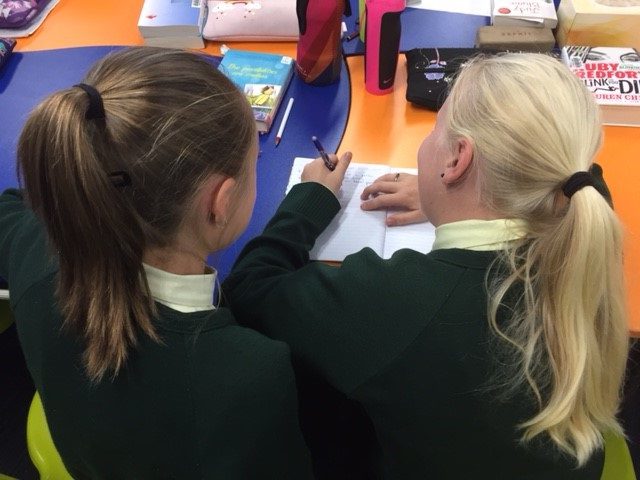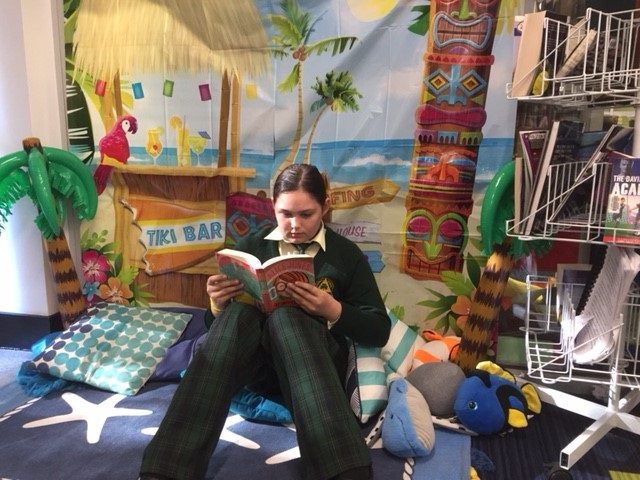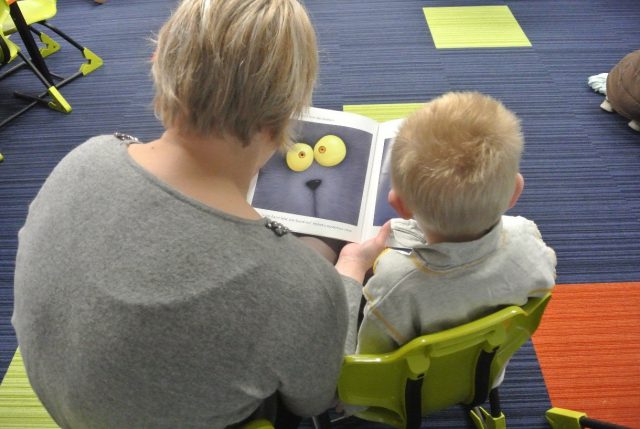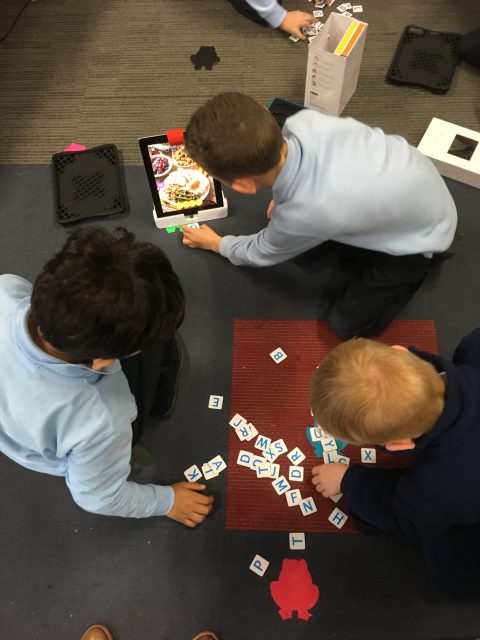Latest News
Teachers in our primary schools are dedicated to nurturing and developing young people who are knowledgeable and skilled in Literacy. That students should be confident communicators, creative and critical thinkers, and global citizens-through reading, writing, speaking and listening-are key aims of the Australian English curriculum. COSA (Collaborating on School Achievement) is about school improvement, and is a systematic and organised change process whereby school teams work together to achieve these aims.

A shared Literacy practice unites primary schools across the Archdiocese with key features being the use of authentic literature, weekly teacher-student conferencing, and sustained daily writing and reading. Comprehension strategies, reading and writing conferencing, effective questioning, literacy group activities, spelling, and self-editing strategies for writing are some examples of topics for COSA Literacy research projects this year.

Both Mount Carmel School in Yass and Sts Peter and Paul, Garran, have been inquiring into effective conferencing with students, with the aim of lifting student achievement in reading and writing. Staff have been refining their practices to improve student skills and understanding in Literacy through the use of specific focused feedback. Strategic conferencing conversations with individual students allow teachers to be responsive to their needs in a targeted and supportive way. This approach also highlights particular areas of the curriculum that need to be addressed with achievable, actionable goals for students to use as a next step in their writing and reading.
The community at St Michael’s, Kaleen, is investigating how the use of questioning can encourage inquiry learning during literacy group activities. Teachers have worked together to devise activities that meet the needs of students, while encouraging collaborative learning and higher-order thinking.
St Joseph’s, Goulburn North, is exploring how student-centred inquiry learning can enhance the engagement of students and teachers. A focus on free, voluntary reading, sustained independent writing, conferencing, the use of quality literature, and parent partnerships is key to this COSA research project.

St Patrick’s, Gundagai, and Holy Spirit at Nicholls have been investigating their school wide practices in Spelling within the context of Writing. A commitment to helping students to see themselves as authors is key. Teachers are working with students to develop a more sophisticated vocabulary, and to learn the art of selecting a well-suited word or phrase for outstanding writing. Good Shepherd at Amaroo are also investigating the teaching strategies and learning opportunities that deliver improved spelling results, with a focus on writing and student-centred learning. All three of these schools are using a problem-solving approach to understand how words work through morphology, phonics, etymology and orthography, and to provide students with clear strategies for problem-solving the spelling patterns in words. The aim is to support students to become more independent and effective writers.

A vital aspect of COSA Literacy is partnership. The COSA process is collaborative and includes a variety of stakeholders including principals, teachers, teaching and learning officers from Catholic Education, parents and community groups, who work strategically in a spirit of inquiry which guides the COSA Literacy focus. This, together with ongoing monitoring and evaluation, whole staff professional development, and refined teacher practice, means that schools can attend to a range of diverse educational objectives. A strong connection between school and home is also encouraged in our primary schools, and as an important aspect of the COSA Literacy partnership. Indeed, these home-school partnerships are essential to student development in Literacy.
The value of partnerships, is nurtured by school principals:
“COSA is a unique opportunity for my staff and I to work collaboratively with a professional focus over a full year. We work together to inquire into a particular question of student need and there is always much to learn from one another and from our students. There are many demands in school environments but COSA is a thread that necessitates sustained and ongoing professional conversation, and a sophisticated awareness of defined student needs and how to address them most effectively.”
Principal Gaye McManus (Mount Carmel School, Yass)
By Kate Halcrow and Petra Cole
Teaching and Learning Officers: Literacy and COSA Religious Education
Religious education and Curriculum
